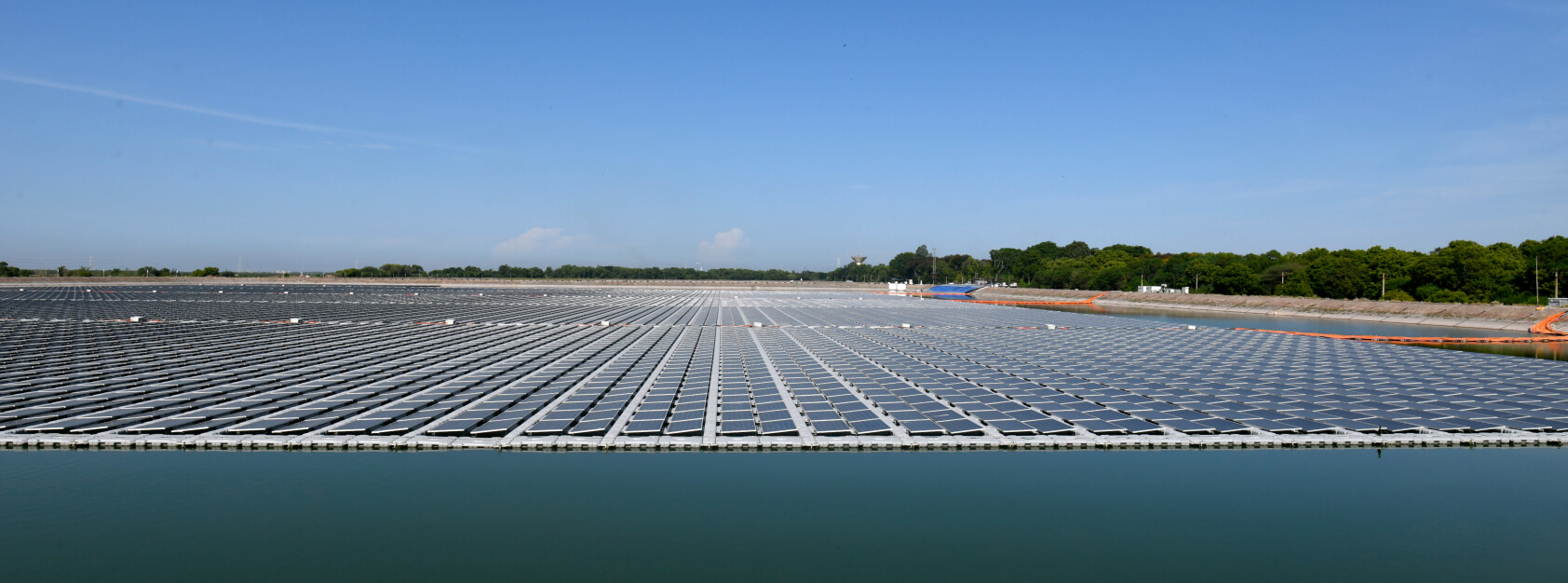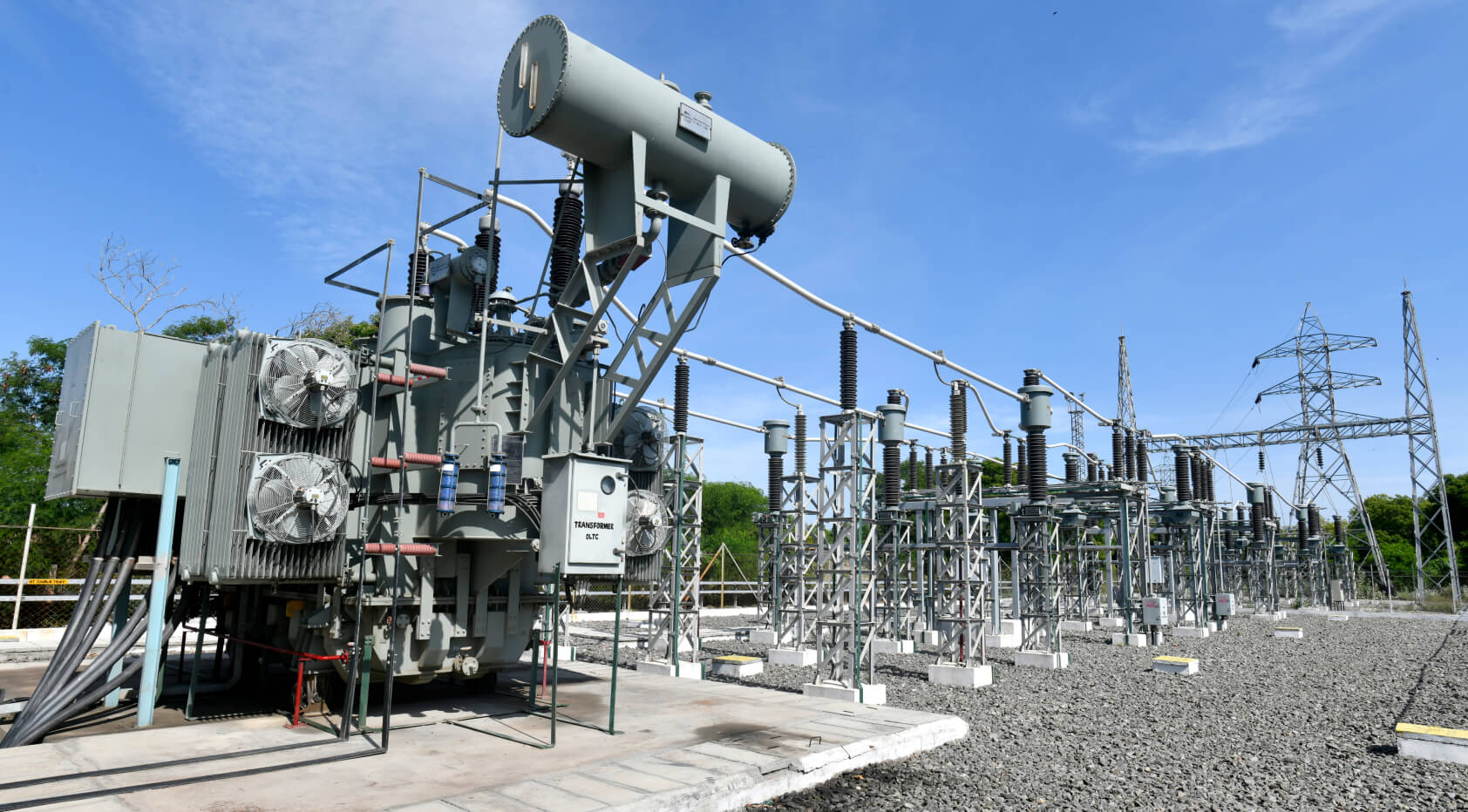Solar power has become a popular renewable energy source in recent years, with numerous advantages over traditional fossil fuels. One of the newest and promising applications of solar technology is floating solar power plants. Unlike conventional solar plants that require large tracts of land for installation, floating solar power plants can be constructed on waterbodies such as ponds, lakes, and reservoirs.
Greenam Energy has one of India’s largest and state-of-the-art floating solar power plants built at the manufacturing facility at SPIC, Tuticorin.
This blog explores some of the many benefits of floating solar power plants.

Floating solar power plants have several benefits over traditional solar plants, including cost savings, increased efficiency, and improved environmental impact. Floating solar plants are easier to install and maintain than land-based solar plants. Additionally, they have the added benefit of generating electricity without using valuable land resources.
- It doesn’t require additional landmass or acquiring of land and can be used in water bodies.
One of the primary advantages of floating solar power plants is that they do not require additional landmass or land acquisition. As a result, they can be used in various waterbodies, including ponds, lakes, and reservoirs. This makes them an ideal solution for countries or regions with limited land and abundant water resources.
- It helps keep the water bodies cool and less evaporation due to heat.
In addition to generating clean electricity, floating solar power plants can help keep water bodies cool. Covering the surface of the water with solar panels, they help to reduce the amount of heat absorbed by the water. This, in turn, can help to reduce evaporation, save water and maintain a healthy aquatic ecosystem. Floating solar projects provide higher yield than traditional land-based solar plants.
- Clean electricity
Like traditional solar plants, floating solar power plants generate clean electricity. However, they can be more efficient than land-based solar plants because they are installed on water bodies. It is because water cools the panels, which helps to improve their efficiency.
- Large factories or manufacturing setups that have idle water bodies can utilize the same
Large factories or manufacturing setups with idle water bodies can also benefit from installing floating solar power plants. By utilizing these water bodies, they can generate clean electricity while reducing their reliance on traditional power sources. Additionally, installing floating solar power plants can help these factories reduce their carbon footprint and improve their environmental impact.

In conclusion, floating solar power plants have numerous advantages. They are cost-effective, efficient, and have a positive environmental impact. In addition, they do not require land acquisition and can be installed in various water bodies. As the demand for clean energy continues to grow, floating solar power plants will likely become an increasingly important component of our energy infrastructure.

